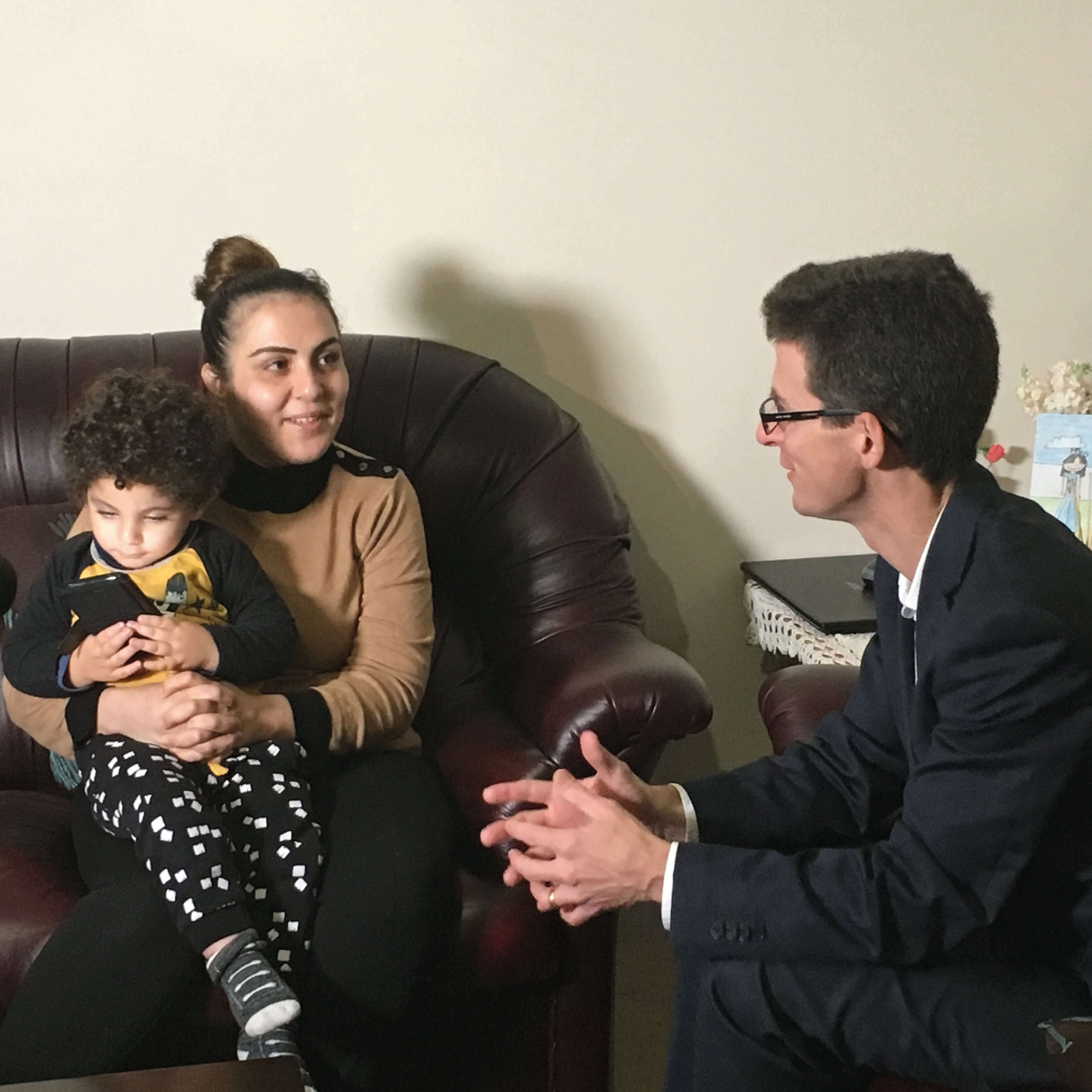Search
Research
A prospective cohort study comparing the reactogenicity of trivalent influenza vaccine in pregnant and non-pregnant women.Influenza vaccination during pregnancy can prevent serious illness in expectant mothers and provide protection to newborns...
Research
Does a 10-valent pneumococcal-Haemophilus influenzae protein D conjugate vaccine prevent respiratory exacerbations in childrenOur study will be the first to assess vaccine efficacy targeting H. influenzae in children with recurrent PBB, CSLD and bronchiectasis.
Research
Immunogenicity and safety of measles-mumps-rubella and varicella vaccines coadministeredA pooled analysis was conducted of 1,257 toddlers who received a fourth dose of Haemophilus influenzae type b- Neisseria meningitidis serogroups C and...
Research
Trivalent influenza vaccine and febrile adverse events in australia, 2010: Clinical features and potential mechanismsIncreased numbers of children presenting with febrile adverse events following trivalent influenza vaccine (TIV) were noted in Australia in 2010.
Research
Sexual dimorphism in lung function responses to acute influenza A infectionMales are generally more susceptible to respiratory infections; however, there are few data on the physiological responses to such infections in males and...
Research
Response after one dose of monovalent influenza A (H1n1) 2009 vaccine in infants and children - preliminary reportTo assess the immunogenicity and safety of a 2009 influenza A(H1N1) vaccine in children.

News & Events
Important things you should know about this year’s flu seasonNews headlines about the large number of life-threatening cases of the flu in Western Australia this winter have been hard to miss - find out what you can do to protect your family.

News & Events
WA parents oblivious to true danger of the fluPerth parents are underestimating the serious consequences of the flu, with only 19 per cent of children under five years of age currently immunized against the virus ahead of the peak winter flu season.
Research
VaccinationVaccination is the injection of an inactivated bacteria or virus into the body. This simulated infection allows an individual's immune system to develop an adaptive immunity for protection against that type of illness. When a sufficiently large percentage of a population has been vaccinated, this results in herd immunity.
Research
Socio-economic inequality underpins inequity in influenza vaccination uptake between public and private secondary schools: an Australian population-based studySocio-economic inequality and vaccination inequity have long been critical issues. However, no studies have explored the gap in influenza vaccination uptake between public and private schools. Importantly, the extent to which socio-economic inequality translates into vaccination uptake inequity has not been quantified.
